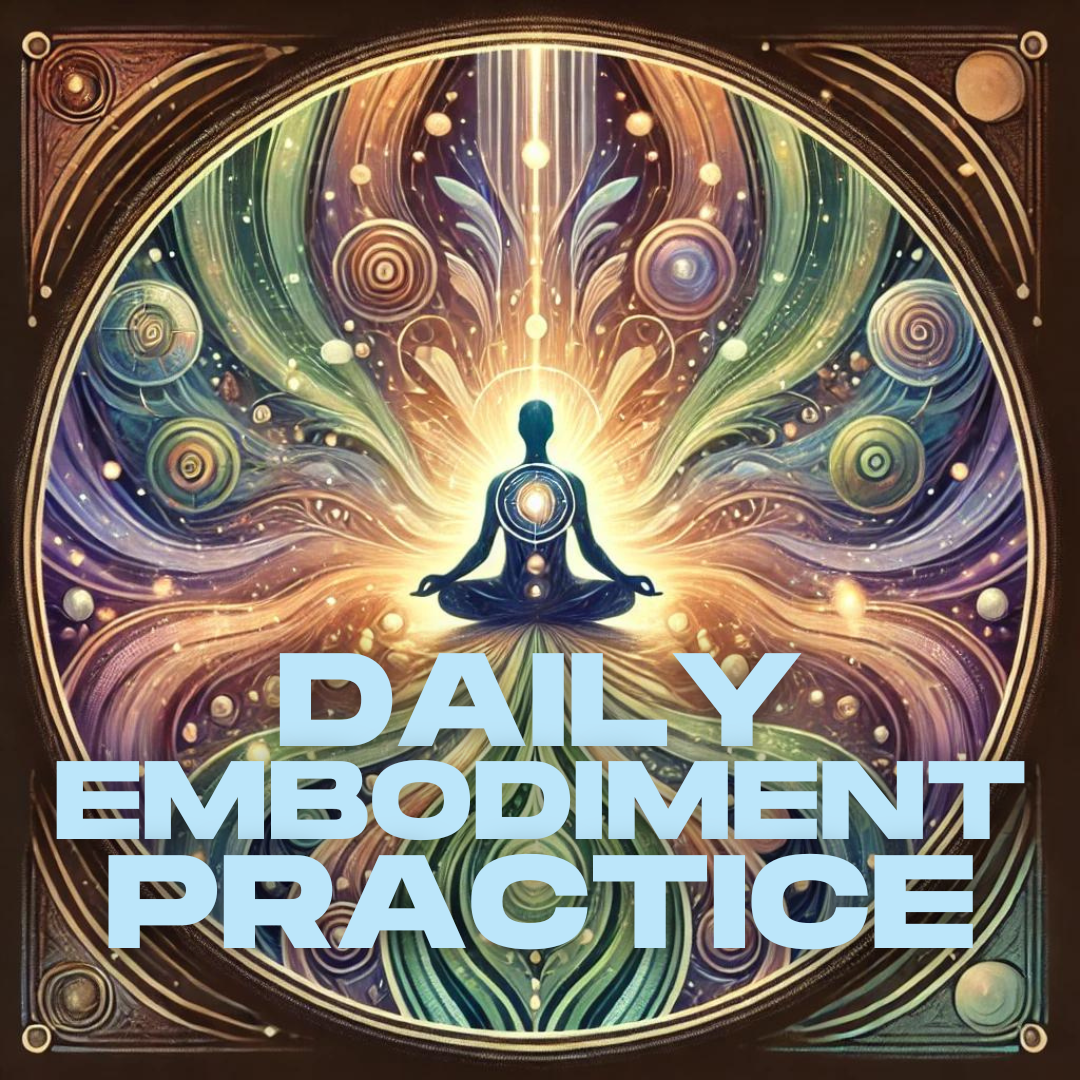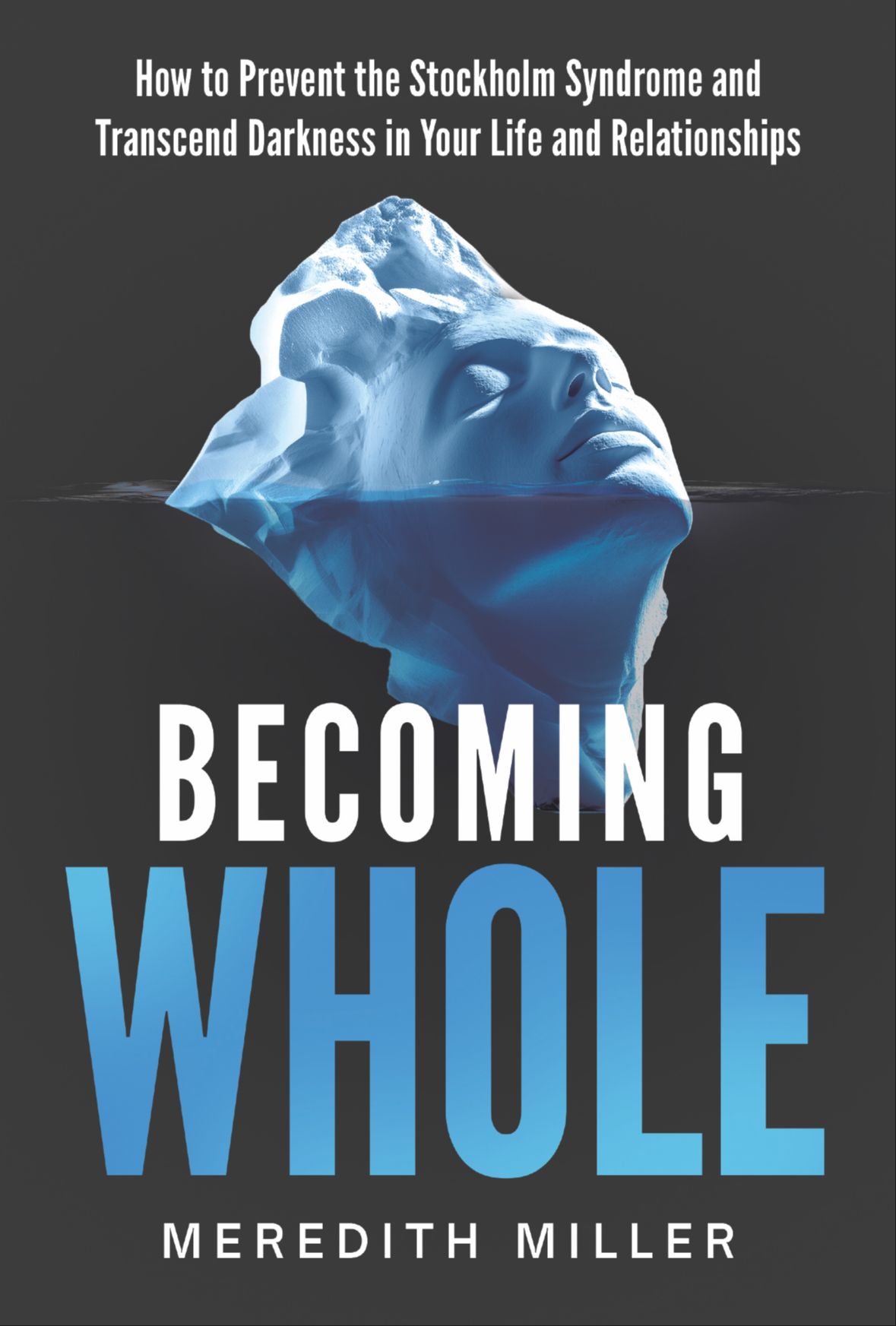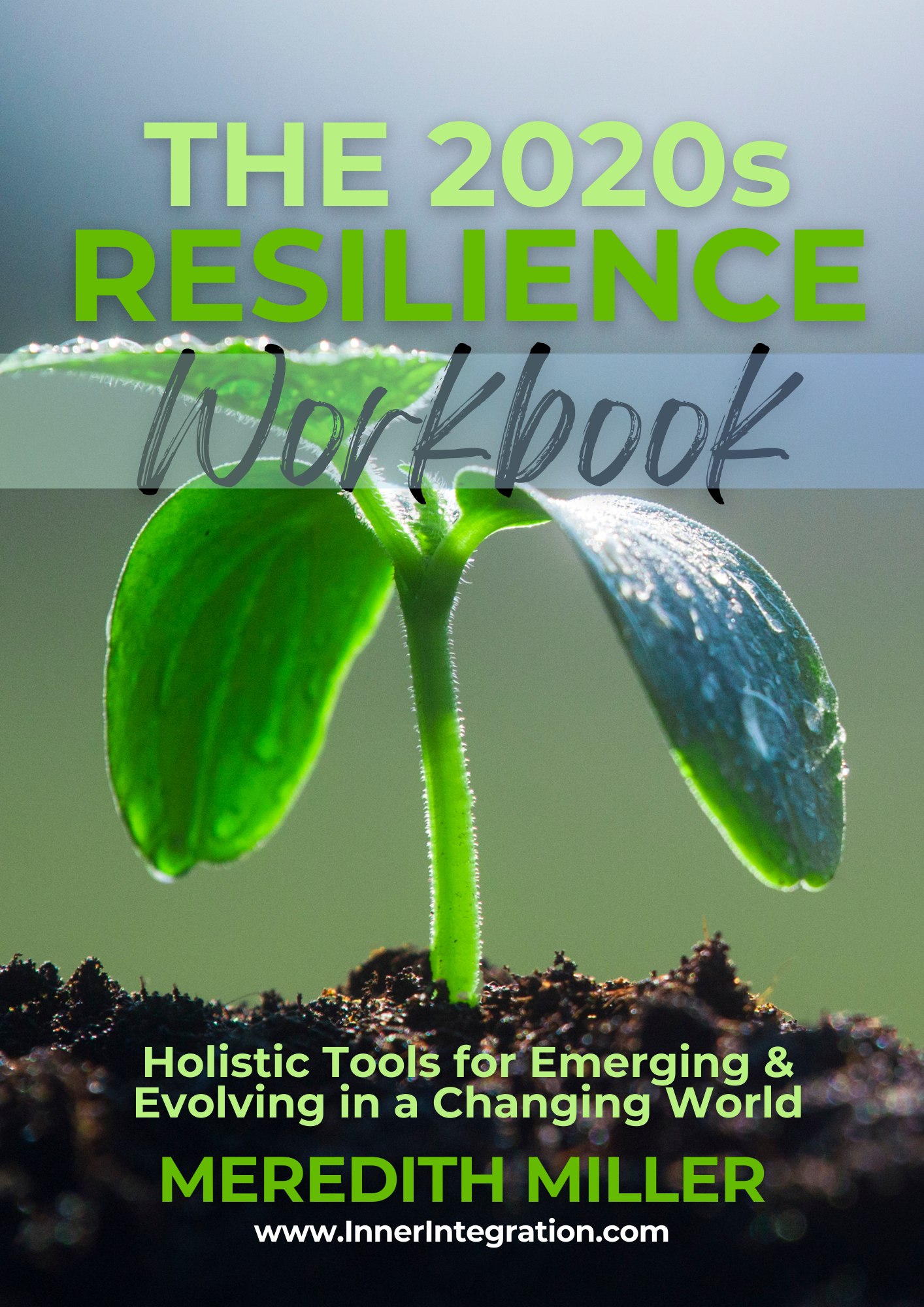5 Tips for Setting Boundaries with Toxic People

Setting boundaries can be challenging, especially when you weren't allowed to have boundaries as a kid or simply when healthy boundaries weren't modeled at home.
Many of us learn boundaries as adults, and often as a result of toxic relationships. These situations often cause us to realize that we have poor boundaries and that we need to set healthier boundaries to protect ourselves and what matters.
Here are the top 5 tips for setting boundaries with toxic people:
- NO means no.
You can say no thank you, if you want to be polite.
No is a complete sentence, when you want to be assertive.
You do not need to repeat yourself. -
Do NOT give explanations when setting boundaries.
Toxic people will only see these explanations as opportunities to keep negotiating your boundary.
They may ridicule your reasons or tell you that your reasons are invalid.
They could tell you that your boundaries are unnecessary or harmful to them or others.
Their statements could be delusional or even of sound logic—yet they're often off topic or tangential arguments that weren’t even the point of the issue. This is a diversion and deception tactic.
They want you on the defensive and not thinking clearly.
If they get you trying to justify your decision or arguing about something else and caught up in a circular conversation, they can trick you into dropping your boundary.
Don’t give explanations for your boundaries if you want to avoid this pitfall.
You do not owe anyone an explanation for your boundaries.
When in doubt, refer back to #1. - Do NOT give in to the pressure.
If you don't give an explanation, they will likely pressure you to answer why you set this boundary.
You can simply state, “I’ve already given you my answer.”
If they continue to pressure you to explain your decision, you can stop answering the texts, hang up the phone, or leave the situation. -
Remind yourself that you have the RIGHT to set boundaries and say no.
Boundaries protect what matters to you. Protecting what matters to you is how you maintain and rebuild your self-worth.
You’re being self-responsible by setting boundaries to protect what matters to you. That’s not selfish.
They might disguise their manipulation as concern or wanting the best for you. That can be confusing.
Avoid this confusion and invitation to self-doubt by remembering you have the right and responsibility to protect what matters to you. - IGNORE the false accusations against your character.
If you don’t react to the guilt-tripping by relaxing your boundary, they will usually escalate by attacking you personally.
When you don't give toxic people what they want, they will say you're selfish, a bad person, not compassionate or use other ad hominem attacks.
The covert types might not say this directly but rather imply it in order to get you back in line.
Don't fall into the trap of feeling like you have to prove yourself to someone else. This is a trama response that you might have learned in childhood.
You'll need to grab the reins of your ego and not get offended when people say nasty things about you. A person who is easily offended is easily manipulated.
Covert manipulators will continue to escalate the amount of guilt they’re serving you, hoping that you'll give in so you don't have to feel that anxiety.
Just ignore all of their false accusations and the lies they speak on your character.
Remind yourself who you are and get a reality check from someone you trust if you're doubting yourself.
This is the litmus test if you're questioning if someone in your life is toxic.
Healthy, non-manipulative people will respect your boundaries.
Toxic people will hate your boundaries and try to get you to comply with what they want from you. You can count on it!
When people don't respect your boundaries, uplevel! Instead of dropping your boundaries, raise them one step higher.
Give toxic people less access to you. Once you've identified a toxic person, you can distance yourself as much as possible. Ideally, No Contact is the best option.
The more you value and love yourself, the easier it is to set the boundaries that protect your health, sanity, wellbeing and peace.











